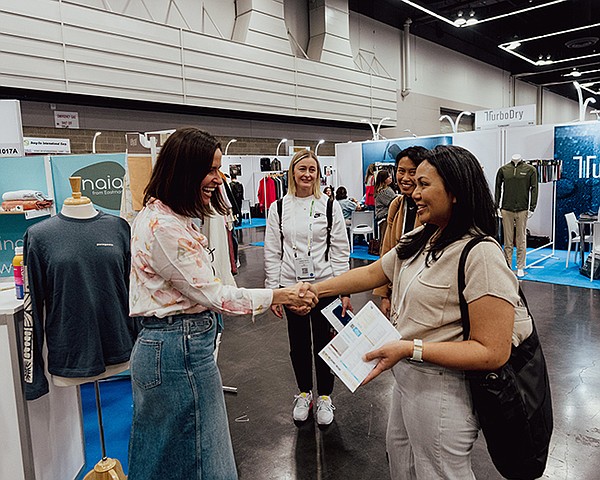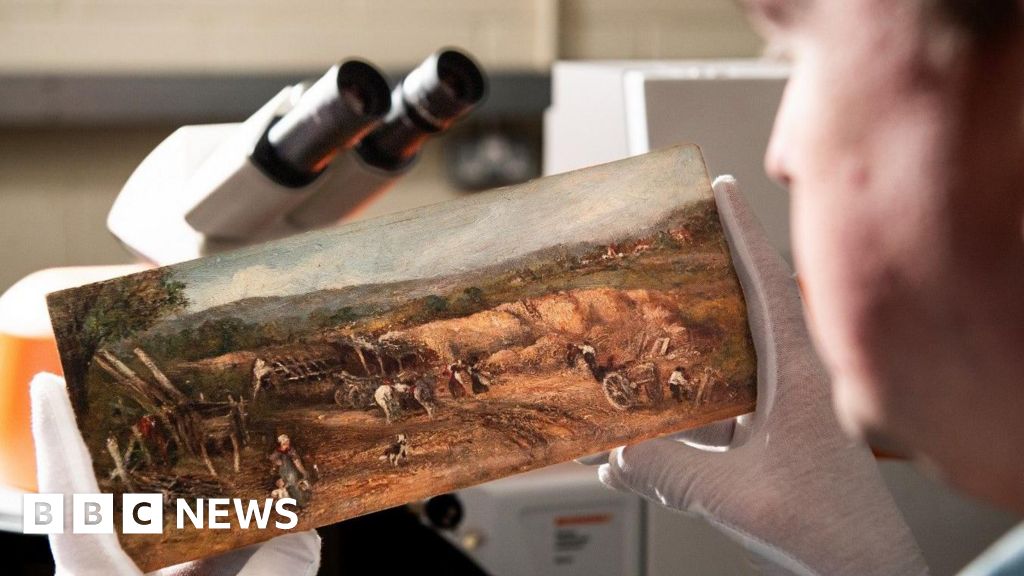Aviators, Mandan’s latest addition to the business scene, is located at 202 West Main...
Individuals have the right to access and request changes to their medical records under...
In an effort to improve safety management throughout its fleet, HMM Co., South Korea’s...
Jeff Lawson, the co-founder of cloud computing company Twilio, has reportedly purchased satirical news...
The Gut-Brain Axis Breakthrough: 5-HTP and Trang Phuc Linh Plus for Irritable Bowel Syndrome Relief.
5-HTP, an active ingredient sourced from medicinal herbs of African origin, is a crucial...
Functional Fabric Fair Shines Light on Sustainable and Innovative Textiles in the Apparel Industry”.
The Functional Fabric Fair, powered by PERFORMANCE DAYS, recently concluded a successful event in...
Scientists at the University of Bradford are employing groundbreaking methods to determine if three...
The Alaska Sports Hall of Fame is honoring Eagle River’s Bobby Hill as a...
Two Iowa educators have been named finalists for the Presidential Awards for Excellence in...
The world of taste is a complex one, with each individual having their own...








